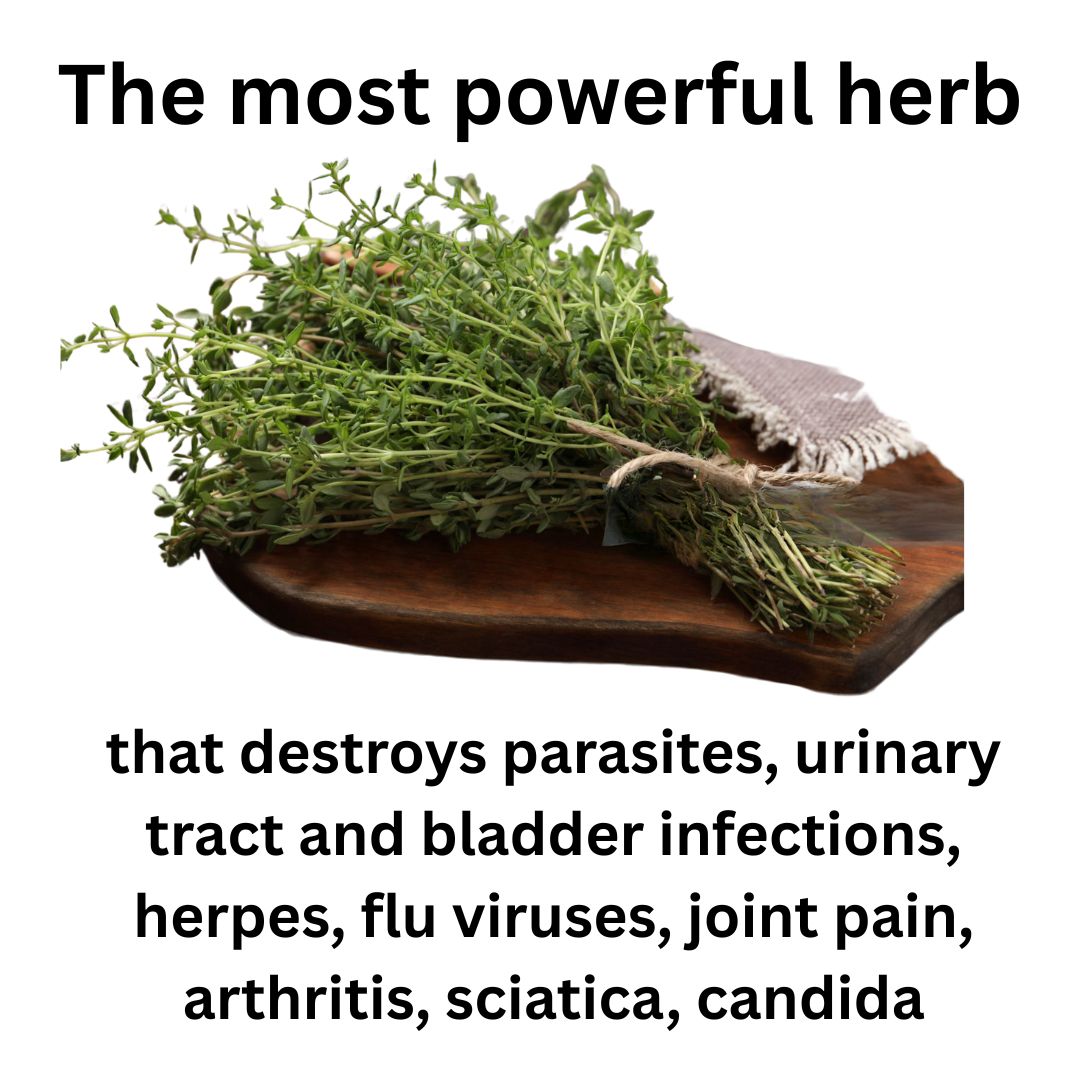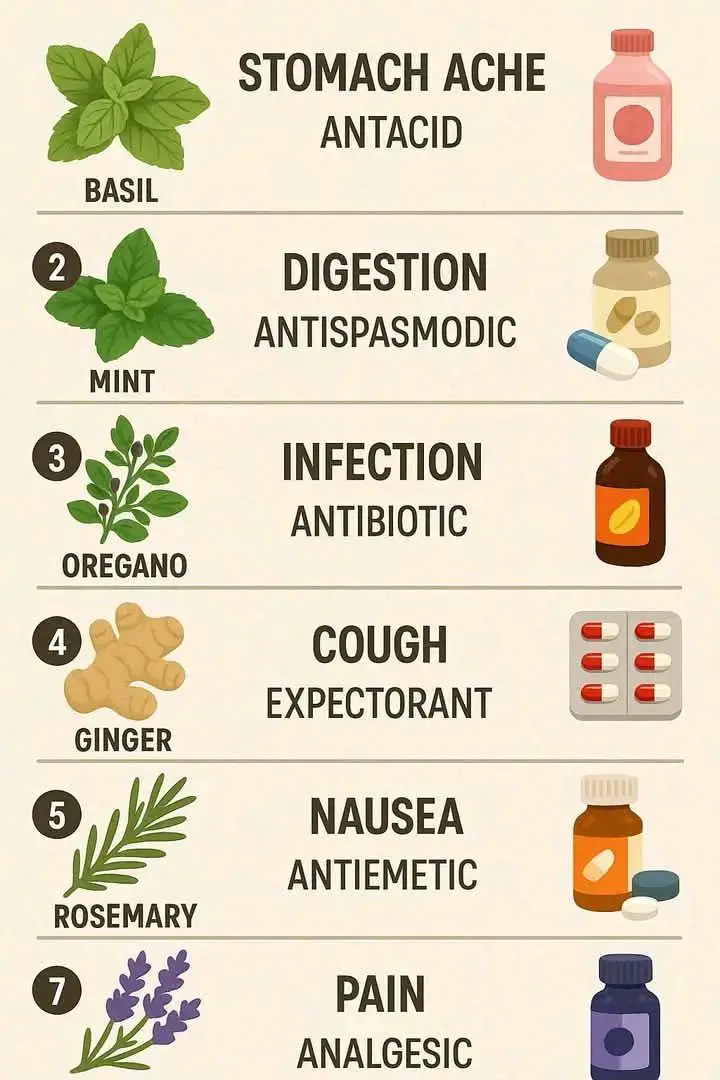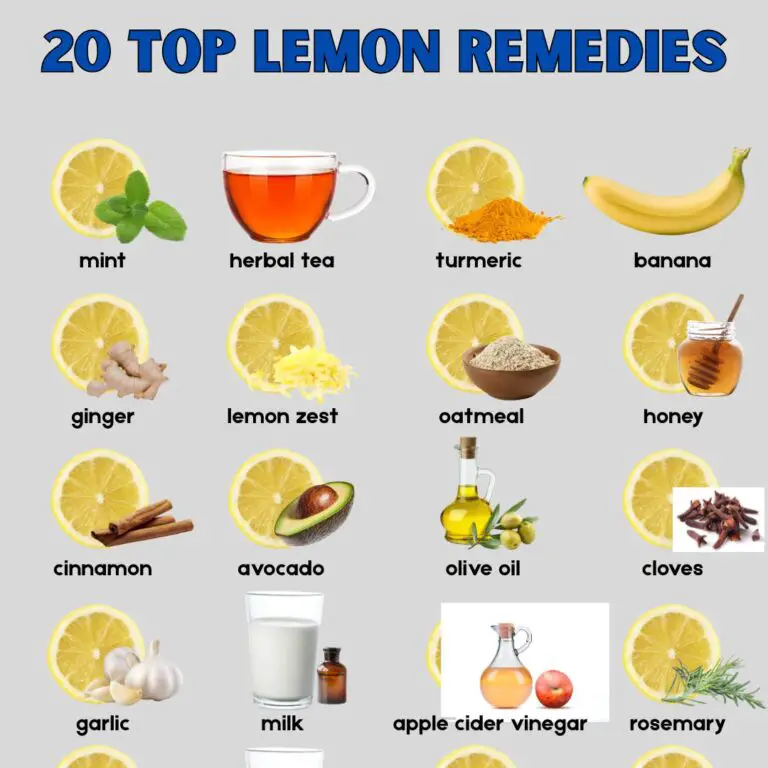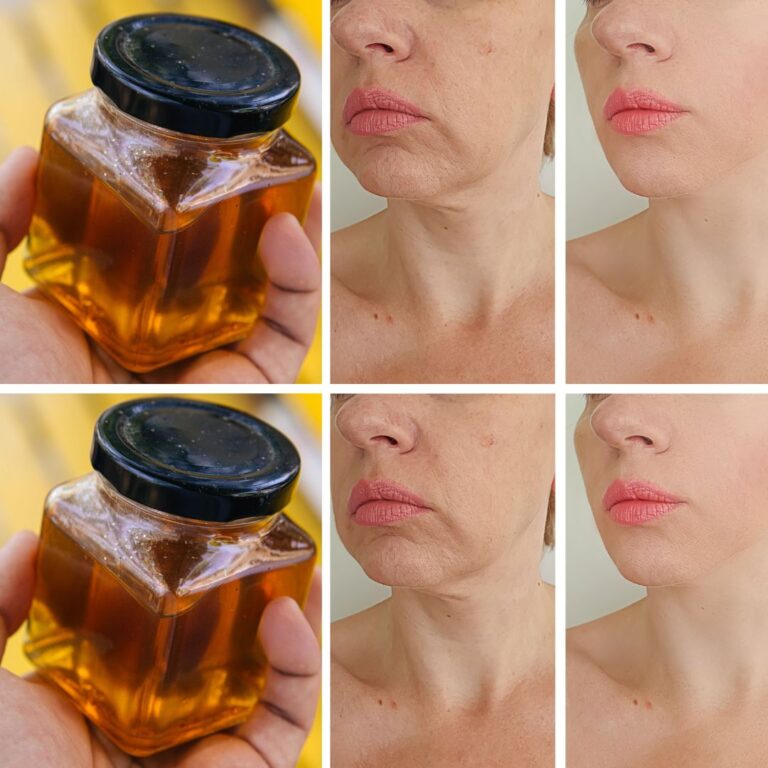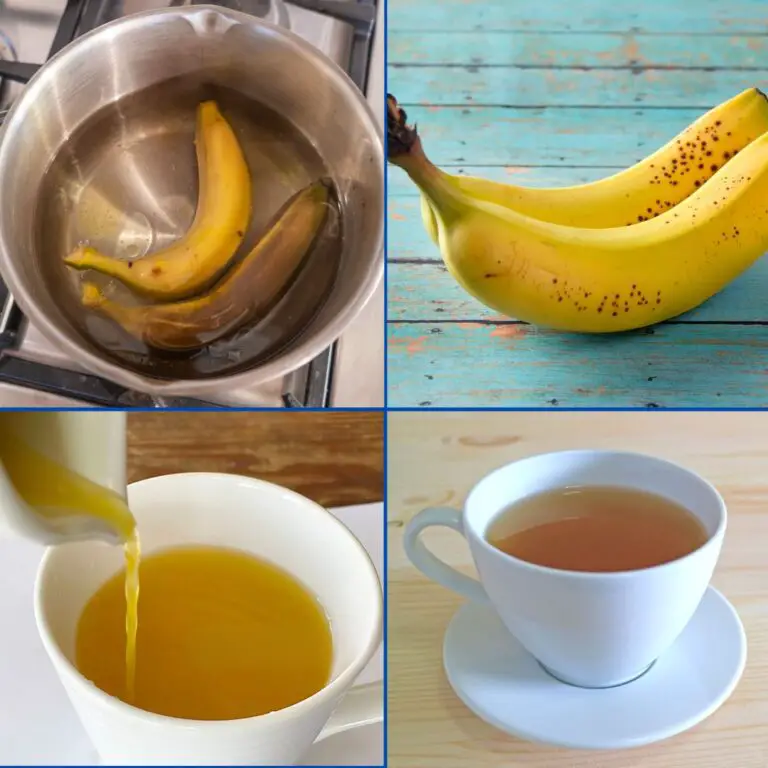The Most Potent Herb That Destroys Parasites, Urinary Tract & Bladder Infections, Herpes, and Flu Viruses: A Powerful Natural Remedy Recipe
Introduction
In the quest for optimal health, nature continually surprises us with potent herbs that offer powerful healing properties. One such herb stands out as a natural warrior against some of the most stubborn health challenges — parasites, urinary tract infections (UTIs), bladder infections, herpes outbreaks, and even flu viruses. Imagine a single plant, backed by centuries of traditional use and growing scientific research, that can help your body fight these conditions naturally and safely.
This herb, known for its antimicrobial, antiviral, antiparasitic, and anti-inflammatory effects, is a game-changer in holistic health. It offers hope for those who want to reduce reliance on synthetic drugs and antibiotics, which sometimes lead to resistance and unwanted side effects.
In this comprehensive article, you’ll discover why this herb is so potent, how to prepare a powerful recipe that maximizes its benefits, and how you can use it safely and effectively in your wellness routine. Whether you’re struggling with persistent infections or seeking preventive care, this guide is your gateway to nature’s most effective defense.
Why You’ll Love This Recipe
This recipe is a treasure chest of healing, combining the most effective form of this herb with complementary natural ingredients to enhance its potency and flavor. Unlike standard remedies, it’s easy to prepare, tastes pleasantly herbal without bitterness, and can be integrated into daily life effortlessly.
What makes this recipe uniquely appealing is its multi-targeted approach. While many treatments focus on a single ailment, this herbal blend supports your immune system to combat parasites, soothe urinary tract and bladder discomfort, and suppress viral activity such as herpes and flu viruses. Its holistic impact helps your body regain balance, reduce inflammation, and restore health without harsh chemicals.
Additionally, the recipe is versatile — perfect for sipping as a tea, using as a tincture base, or even mixing into smoothies. It fits any lifestyle, whether you prefer traditional herbal methods or modern natural remedies.
Ingredients
- Wormwood (Artemisia absinthium) – 1 teaspoon dried herb (the most potent antiparasitic herb)
- Goldenseal root – 1 teaspoon dried (antimicrobial and UTI relief)
- Elderberry – 1 tablespoon dried (immune booster and antiviral)
- Licorice root – 1 teaspoon dried (soothes mucous membranes and boosts immunity)
- Ginger root – 1-inch piece, fresh or ½ teaspoon dried powder (anti-inflammatory and antiviral)
- Raw honey – 1 tablespoon (natural antibiotic and flavor enhancer)
- Lemon juice – 2 tablespoons (immune support and vitamin C)
- Filtered water – 2 cups
Necessary Tools
- Medium saucepan or small pot (for boiling water and steeping herbs)
- Fine mesh strainer or cheesecloth (to remove herb residues)
- Measuring spoons
- Heatproof mug or teapot
- Stirring spoon
- Glass jar or bottle (for storage)
Ingredient Swaps and Additions
Not everyone has access to wormwood or may prefer different flavor profiles. Here are some safe swaps and additions that maintain the recipe’s efficacy:
- Wormwood alternatives: If wormwood is unavailable or too strong, try black walnut hulls or clove, which also have strong antiparasitic properties.
- Goldenseal substitutes: Oregon grape root offers similar antimicrobial effects and can be swapped in equal amounts.
- Elderberry replacement: For antiviral support, echinacea or ginger can be increased or added.
- Sweeteners: Raw honey can be replaced with maple syrup or agave nectar for vegan options, though honey’s antibacterial effect is unmatched.
- Additions: Adding turmeric powder (¼ teaspoon) boosts anti-inflammatory and antiviral potency. A pinch of cayenne pepper can stimulate circulation and immune response.
- For children or sensitive individuals: Reduce wormwood to ½ teaspoon and consult a healthcare provider before use, as wormwood is potent and should be used cautiously.
For more about wormwood and its medicinal uses, check out this detailed overview from the National Center for Complementary and Integrative Health (NCCIH).
Step-by-Step Instructions
- Prepare your herbs: Measure all dried herbs (wormwood, goldenseal, elderberry, licorice root) and fresh ginger if using.
- Boil water: Bring 2 cups of filtered water to a rolling boil in a saucepan.
- Add herbs: Once boiling, remove from heat and add all herbs and ginger to the water.
- Steep: Cover the pot with a lid and let the herbs steep for 15 to 20 minutes to extract maximum potency.
- Strain: Pour the infusion through a fine mesh strainer or cheesecloth into a heatproof mug or teapot to remove herb particles.
- Add honey and lemon: Stir in raw honey and freshly squeezed lemon juice while the tea is warm but not boiling hot. This preserves honey’s active enzymes and vitamin C in lemon.
- Enjoy: Sip slowly to soothe your body and allow the herbs to work their magic.
For those who want to concentrate the benefits, this infusion can be simmered gently after steeping for 5 more minutes but avoid boiling to preserve delicate compounds.
Pro Tips for Success
- Use organic herbs to avoid pesticides and contaminants, especially important for medicinal use.
- Freshness matters: Store dried herbs in airtight containers away from sunlight to maintain potency.
- Consistency is key: For chronic infections, drink this tea twice daily for at least 7-10 days, but consult your healthcare provider.
- Don’t overdose on wormwood: While powerful, excessive use can cause side effects; stick to recommended amounts.
- Pair with a balanced diet: Supporting your body with nutrient-rich foods boosts the tea’s effectiveness.
If you’re interested in more detailed usage of medicinal herbs, the Herbal Academy of New England offers fantastic courses and resources.
Serving Suggestions
- Serve warm with an added slice of fresh ginger or lemon wedge for extra zing.
- Sweeten with honey or maple syrup to taste, adjusting based on your preference.
- Use this herbal infusion as a base for a calming nighttime drink — add a splash of chamomile or lavender tea for relaxation.
- Chill the tea and serve over ice as a refreshing antimicrobial summer beverage.
- Mix with apple cider vinegar and water for a potent tonic shot, especially during cold and flu season.
For delicious and health-supportive recipes, see our article on Immune-Boosting Herbal Tea Blends.
Storing and Reheating
Store any leftover tea in a glass jar with a tight lid in the refrigerator for up to 48 hours. Avoid plastic containers which can leach chemicals. When reheating, gently warm on the stovetop or microwave without boiling to preserve beneficial enzymes and volatile oils.
If you plan to store for longer, consider making a tincture instead, which can last for months and provides a concentrated dose of the herb.
Nutritional Information
Here is a general breakdown per serving (1 cup):
- Calories: ~60 (mainly from honey and lemon)
- Vitamin C: 20-25% of daily value (lemon juice)
- Antioxidants: High (elderberry, ginger, and wormwood)
- Anti-inflammatory compounds: Significant (ginger, licorice root, turmeric if added)
- Antimicrobial agents: Strong (wormwood, goldenseal, elderberry)
This blend supports immune function, reduces inflammation, and helps cleanse the urinary tract and digestive system.
FAQs
Q1: Is wormwood safe to use daily?
Wormwood is potent and should be used in moderation. Limit use to 7-10 days and consult a healthcare provider if pregnant, nursing, or on medication.
Q2: Can this tea cure herpes or flu outright?
While it has antiviral properties that support immune defense and reduce symptoms, it is not a cure but a complementary therapy.
Q3: Are there side effects?
Potential side effects include allergic reactions or digestive upset. Discontinue use if any adverse reactions occur.
Q4: Can children drink this herbal tea?
Consult a pediatrician. Use smaller doses and milder herbs for children.
Q5: How does this compare to antibiotics?
This is a natural complementary approach. For severe infections, always follow medical advice and prescribed antibiotics.
For more on wormwood safety and usage, see the University of Maryland Medical Center.
Conclusion
Harnessing the power of nature’s most potent herb offers a promising natural approach to fighting parasites, urinary tract and bladder infections, herpes outbreaks, and flu viruses. This recipe combines time-tested herbs with modern knowledge, delivering a safe, effective, and enjoyable remedy.
By incorporating this herbal tea into your wellness routine, you empower your body’s immune system, reduce harmful infections, and promote overall health without harsh pharmaceuticals. Remember to use herbs responsibly, consult healthcare professionals when needed, and embrace the healing gifts of nature.
Explore more natural remedies in our posts about Herbal Treatments for Viral Infections.

